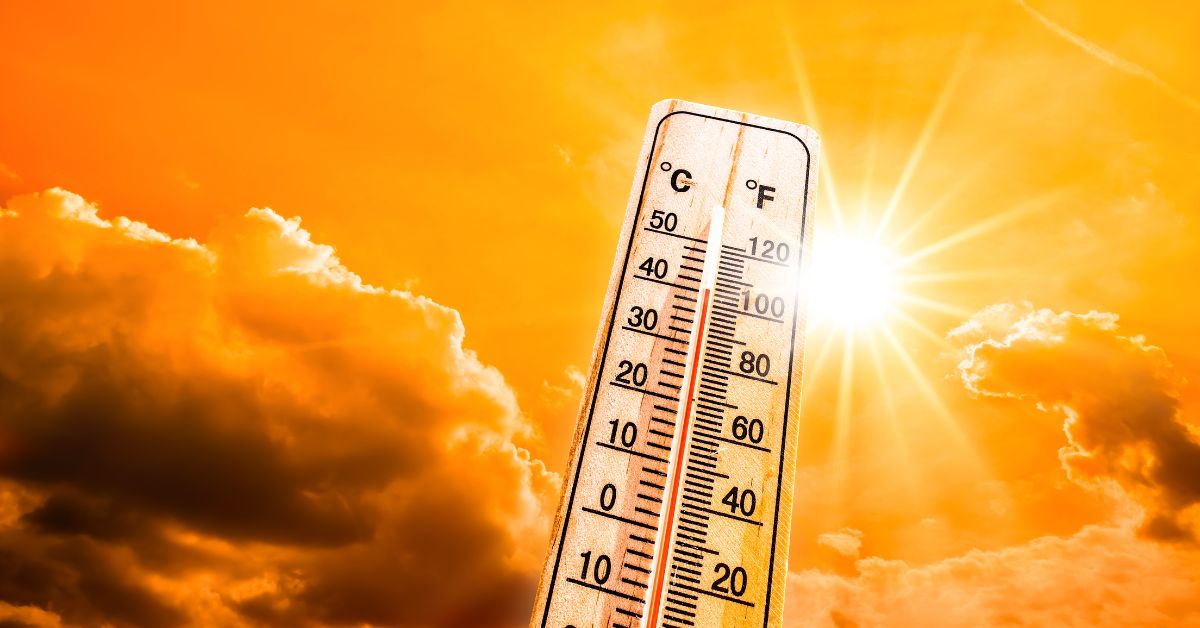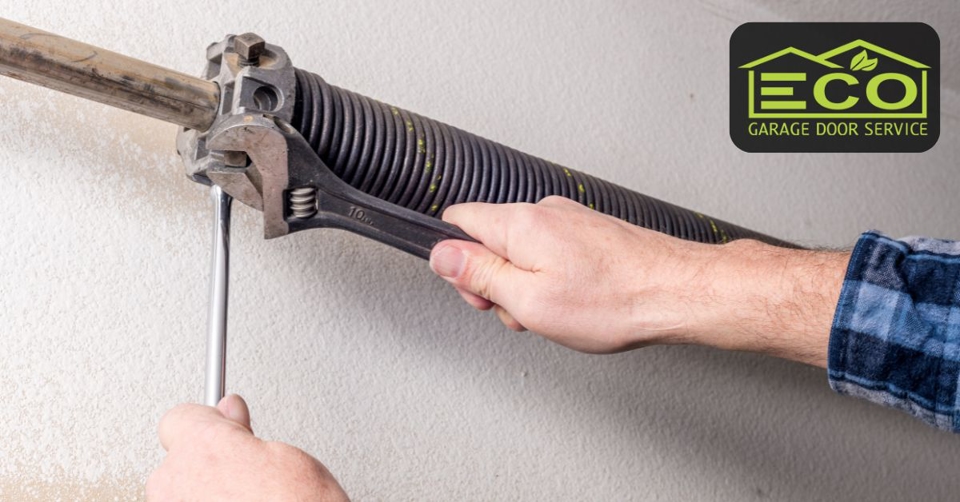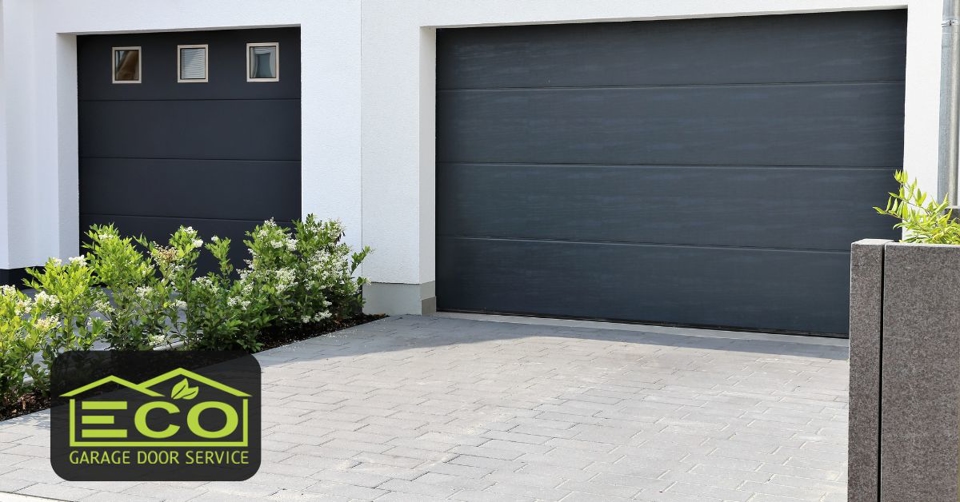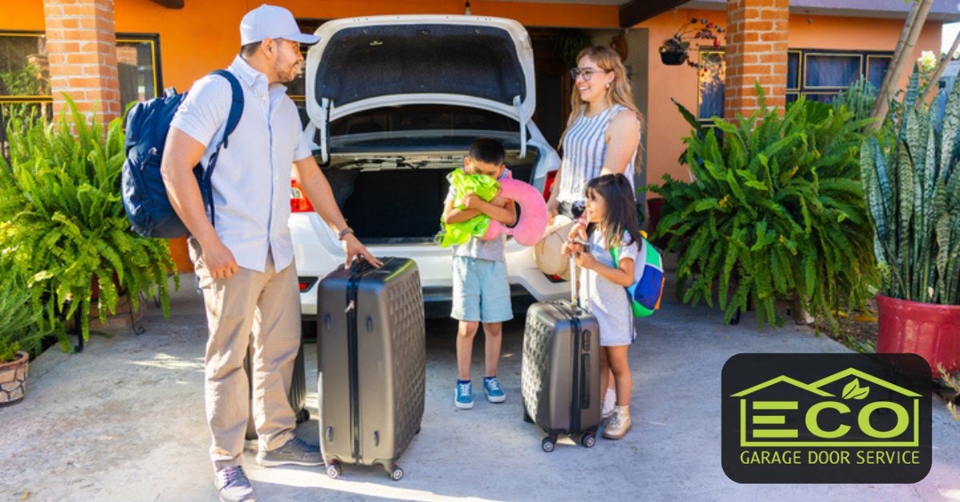Heat-Induced Material Degradation
When it comes to garage doors, the materials used can significantly determine how well they withstand heatwaves. Prolonged exposure to extreme heat can wreak havoc on materials like wood, steel, and aluminum. For instance, wood garage doors, while aesthetically pleasing, can dry out and rot with constant heat exposure. Similarly, metal doors like steel and aluminum may start to display signs of weakening as the structure expands and contracts, potentially leading to critical failures if left untreated. The thermal expansion exerted by high temperatures alters the physical makeup of these materials, sometimes causing irreversible damage that’s only observable once the door fails to operate smoothly.
Thermal expansion particularly impacts the structural integrity, leading to misalignment and difficulty in opening and closing the doors. These distortions can then affect the hinges, panels, and other key components, resulting in further complications. Being mindful of this can help you take preemptive steps, such as applying appropriate finishes to wooden doors or using more heat-resistant metals. Investing in quality materials initially can save you from substantial costs and safety hazards down the line.
Warping and Distortion
Wooden garage doors can be quite temperamental when exposed to fluctuating temperatures. A heatwave can cause wooden doors to warp, swelling and contracting with the heat and moisture shift. This warping not only downplays the aesthetic charm of your garage entry but also impedes its functionality. Once the wood begins to bend out of shape, it can create gaps or an uneven fit within the door frame, which compromises your garage’s security and energy efficiency during the intense heat of summer.
Metal doors, on the other hand, face their own set of challenges. They tend to expand and contract due to extreme heat, just like wood. This constant movement might result in slight misalignments, making it difficult to operate the doors smoothly. Unstable movement can lead to wear and tear on essential parts of the door, such as the springs and rollers, shortening their lifespan and leading to frequent repair calls. Therefore, understanding these potential issues should encourage homeowners in hotter climates to consider regular maintenance and swift action to address warping and distortion.
Paint and Finish Deterioration
Another adverse effect of summer heat on garage doors is paint and finish deterioration. The harsh UV rays that accompany heatwaves can significantly fade your door’s color and damage any protective finishes. This not only affects the visual appeal of the garage doors, making them look worn and tired but also compromises the protection layer that these finishes provide against the elements. Without this protection, the underlying material is even more susceptible to heat-related damage, leading to costly repairs or replacements.
Over time, UV exposure might lead to blistering and peeling paint, which can have long-term implications for your garage door's durability. As the outer layers of paint start to peel away, it leaves the door exposed to further degradation. Homeowners need to be aware of these challenges and take proactive steps, like applying UV-resistant coatings and paints, to maintain their door’s appearance and durability.
Impact on Door Mechanisms
Heatwaves don’t just impact the materials of your garage doors; they also influence the functionality of the door mechanisms. Components like springs, tracks, and cables can become less efficient when subjected to high temperatures. Prolonged exposure can weaken the tensile strength of these parts, directly affecting the smooth movement of your doors. Moreover, extreme heat can cause lubricants, designed to keep door movements fluid, to evaporate, leaving components dry and more friction-prone, inevitably leading to operational hiccups.
Reliable door operation is essential for the safety and convenience of you and your family. Thus, it might be wise to regularly check these mechanisms, ensuring they remain lubricated and functioning optimally. Preventive measures like applying heat-resistant lubricants and conducting regular inspections can save you from inconveniences and unplanned costs due to sudden malfunctions.
Sensor Malfunctions
Garage door sensors play a crucial role in ensuring safety and efficiency, but they are also vulnerable to the harsh conditions of heatwaves. High temperatures can lead to sensor malfunctions, where sensors might mistakenly interpret heat glare as an obstruction, leading to operational errors such as the garage door stopping abruptly or reversing unexpectedly. When these sensors underperform, it poses a heightened risk to both safety and property.
Preventive measures such as regular sensor checkups and ensuring that the calibration is adjusted to cope with extreme temperatures are vital. Upgrading to high-quality sensors that are equipped to withstand heat can also be advantageous. Additionally, ensuring sensors are shielded from direct sunlight while maintaining cleanliness will help maintain their performance and longevity.
Strain on Automatic Garage Door Openers
With the increasing reliance on automatic systems, the impact of heatwaves extends to electronic components like garage door openers as well. Intense heat can cause electronic circuits within openers to overheat, leading to potential malfunctions or complete system failures, much to the inconvenience of homeowners. Furthermore, the battery-laden components might face reduced life expectancy when continually subjected to high temperatures.
To ensure opener efficiency in extreme weather conditions, consider placing additional ventilation mechanisms in your garage to combat excessive heat or using heat-proof enclosures for your openers. Battery upgrades designed for elevated temperatures can also mitigate unwanted interruptions. Being proactive with these solutions will maintain seamless operation even facing soaring summer heat.
Insulation Challenges
As homeowners and property managers, focusing on the insulation of garage doors becomes urgent during heatwaves. Proper insulation is key to mitigating heat infiltration, which can significantly raise the temperature within your garage and adjoining spaces. An effectively insulated garage door acts as a thermal barrier, reducing the transmission of exterior heat into your home and ensuring that your garage remains fairly comfortable, even when outdoor temperatures climb.
Today's market offers a variety of insulation materials, each with unique qualities and effectiveness against heat. From polystyrene to polyurethane, choosing the right insulation can dramatically impact energy efficiency and provide insulation reliability. Investigating how these materials perform under heatwave conditions will guide you in selecting the best option for battling summer heat, optimizing home comfort while keeping energy costs in check.
Energy Consumption Impacts
As the mercury rises, so can the energy demands of connected HVAC systems, particularly in attached garages. Poor door insulation can escalate cooling costs, as air conditioning units work overtime to counterbalance the excessive heat. Additionally, any temperature rise in garage spaces can spread to close-by areas, leading to increased energy utilization in maintaining desired temperatures.
Homeowners can employ several strategies to bolster energy efficiency during heatwaves. Simple actions like sealing gaps around the garage door, investing in better insulation, and carrying out regular door maintenance can limit energy wastage. By managing these aspects, residents in heat-prone areas can maintain household energy efficiency without drastically hiking up their utility bills.
Regular Inspection and Adjustment
When it comes to ensuring your garage door can withstand the hot summer conditions, regular inspections and adjustments are paramount. Routine checks for material defects and mechanical issues related to extreme heat are not only preventive but also essential for extending the functionality of your doors. Inspect the tracks, rollers, and hinges to spot any signs of unusual wear or damage triggered by heatwaves.
Timely adjustments and repairs can prevent long-term damage. For instance, lubricating moving parts to prevent friction caused by dried-out mechanisms can enhance smooth operation. Scheduling regular maintenance checks, particularly before peak summer periods, can provide you the serenity of mind knowing your garage door is in top shape and heat-ready.
Protective Treatments and Coatings
To prolong the lifespan of your garage door in soaring temperatures, consider applying protective treatments and coatings. Using high-quality, UV-resistant paints and sealants not only maintains the appearance of the door but acts as a defensive layer against heat-related deterioration. Options such as specialized sunshade solutions and reflective films can also be effective in minimizing the direct impact of sun and heat.
These protective measures are an investment towards extending the longevity and appearance of your garage door. Homeowners can benefit by applying these treatments to help safeguard against the frequent, intense Texas sun. By taking these steps, you are actively ensuring that your garage door remains robust and your property protected throughout heatwaves.
Upgrading to Heat-Resilient Options
For those considering an upgrade, several heat-resistant garage door options employ cutting-edge technologies and advanced materials. Modern doors crafted from vinyl, fiberglass, or composite woods are excellent in resisting temperature extremes. These materials offer improved durability and often require less maintenance than traditional wood or metal doors, making them an attractive option for homeowners contending with extreme summer heat.
When contemplating upgrades, conducting a cost-benefit analysis can help. While the upfront cost may be higher, the long-term savings in reduced energy costs, maintenance, and improvements in comfort and property value can justify the investment. Homeowners facing relentless heat can significantly benefit from the advanced features these modern garage door solutions provide.
What Types of Garage Doors Are Best Suited for Hot Climates?
When it comes to choosing the best garage door for a hot climate, considering material characteristics is essential. Fiberglass, vinyl, and composite woods stand out as suitable candidates due to their inherent heat resistance and durability. Fiberglass offers lightweight resilience, while vinyl can resist heat without warping. Composite woods combine the natural appeal of wood with enhanced protection against the elements, which makes them a popular choice.
Each material offers unique advantages tailored to withstand high temperatures, making them a practical choice for homeowners facing frequent heatwaves. Considering these options will allow you to choose a door that not only complements your home’s aesthetic but also endures the test of time and climate.
How Can I Tell If My Garage Door Is Damaged by Heat?
Recognizing signs of heat damage early can save you from costly repairs. Look for visible cues like fading paint, blistering, cracked finishes, or warped panels, which suggest that your door has endured heat-related stress. Any difficulty in opening or closing, unusual noises, or a lack of smoothness in movement are also red flags marking potential thermal effects on the door's mechanisms.
Routine checklists for homeowners should include visual inspections, testing the balance and tension of the door, and examining sensors and openers for responsiveness. Knowing when to call for a professional assessment is crucial. If you notice persistent issues, professional insight could reveal underlying problems that could escalate if left unaddressed.
Are Smart Garage Door Systems Affected by Extreme Heat?
Smart garage door systems offer convenience but can be susceptible to extreme heat. Sensors and electronic components are particularly sensitive and might malfunction under high temperatures. Overheating can lead to connectivity issues, or sluggish responsiveness, and in some cases, total shutdowns of automated door systems.
To safeguard these technologies, ensure that components are well-shaded from sunlight and consider the usage of specialized ventilated enclosures for critical electronics. These measures will help keep smart functionalities intact despite the heat, allowing homeowners to enjoy seamless and efficient garage door operations year-round.
Eco Garage Door Services Is Here to Keep Your Garage Door Safe
Summer heatwaves pose a unique set of challenges to garage door materials and mechanisms, but armed with the right knowledge and strategies, homeowners can mitigate their effects. Addressing these challenges head-on by selecting heat-resistant materials, engaging in regular maintenance, and applying protective treatments, homeowners can ensure their garage doors continue to function smoothly and look their best.
At Eco Garage Door Services LLC, we're eager to assist homeowners with all their garage door needs this summer and beyond. Whether it's performing routine checks, implementing advanced protective measures, or installing a brand new heat-resistant garage door, our expert team is ready and equipped to help you. Don't wait until the heat is overwhelming; contact us today to learn how we can help maintain the longevity and performance of your garage door during every season.
Eco Garage Door Services is available by phone at (254) 527-5448 or you can always send us a message online.






